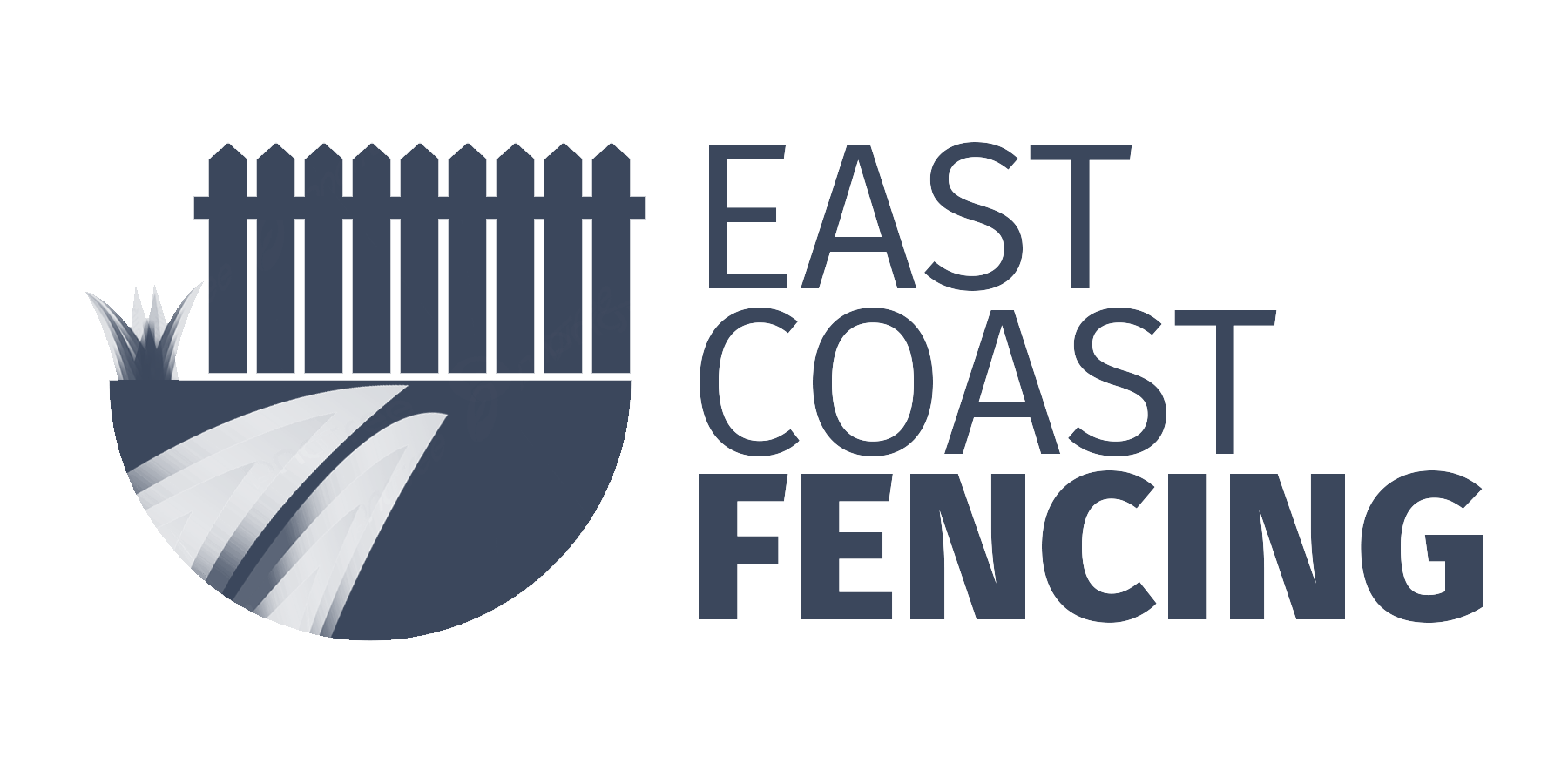Your Cart
x
0 item(s) - £0.00
0
Your shopping cart is empty!
Shop Popular Categories
Quality Fencing Supplies
East Coast Fencing has built an excellent reputation as a leading supplier of fence panels and fence posts, with a strong emphasis on superior quality. Our commitment to exceptional customer service is evident in every interaction, ensuring that each customer finds the perfect solution to meet their specific needs.
Our product range is extensive, encompassing fence panels, fence posts, gravel boards, trellis, railway sleepers, garden gates, and wooden decking.
Introducing the 6ft ultra heavy duty closeboard panel, the ultimate solution for all your fencing and privacy needs! Crafted to cater to the DIY enthu..
£49.95 £52.95
EX VAT:£41.63Introducing the 6ft closeboard fence panel - the ultimate solution for all your fencing needs. Perfect for the DIY enthusiast, this panel offers both ..
£46.95 £49.95
EX VAT:£39.13Introducing the 5ft ultra heavy duty closeboard panel, the ultimate solution for all your fencing and privacy needs! Crafted to cater to the DIY enthu..
£43.95
EX VAT:£36.63Introducing the 5ft closeboard fence panel - the ultimate solution for all your fencing needs. Perfect for the DIY enthusiast, this panel offers both ..
£40.95
EX VAT:£34.13Introducing the 6FT x 3FT Round Top Picket Fence Panel, a stylish and durable addition to any garden, driveway, or outdoor space. This high-quality pi..
£29.95
EX VAT:£24.96Introducing the 6FT x 4FT Round Top Picket Fence Panel, a stylish and durable addition to any garden, driveway, or outdoor space. This high-quality pi..
£35.95
EX VAT:£29.96Introducing the 4ft closeboard fence panel - the ultimate solution for all your fencing needs. Perfect for the DIY enthusiast, this panel offers both ..
£34.95
EX VAT:£29.13Introducing the 3ft closeboard fence panel - the ultimate solution for all your fencing needs. Perfect for the DIY enthusiast, this panel offers both ..
£28.95
EX VAT:£24.13Introducing the 4ft ultra heavy duty closeboard panel, the ultimate solution for all your fencing and privacy needs! Crafted to cater to the DIY enthu..
£37.95
EX VAT:£31.63Introducing the 6FT x 3FT Point Top Picket Fence Panel, a stylish and durable addition to any garden, driveway, or outdoor space. This high-quality pi..
£29.95
EX VAT:£24.96Our 8FT Concrete Intermediate Fence Post (2.4M) is a top-quality product, designed to provide a strong and durable support for your fence panels. Made..
£29.95 £34.95
EX VAT:£24.96Our 9ft Concrete Intermediate Fence Post (2.7m) is a sturdy and reliable option for those looking to invest in a long-lasting fence. Made from wet cas..
£32.95 £38.95
EX VAT:£27.46Introducing our 6FT 3"x3" Wooden Fence Post (1.8M x 75x75MM), the ideal solution for all your fencing needs. Crafted with the finest timber produced i..
£7.95
EX VAT:£6.63Introducing our 8FT 4"x4" Wooden Fence Post (2.4M x 100x100MM) – the ideal solution for anyone looking to secure their garden, enhance privacy, or sim..
£18.95
EX VAT:£15.79Introducing our 8FT 3"x3" Wooden Fence Post (2.4M x 75x75MM), the ideal solution for all your fencing needs. Crafted with the finest timber produced i..
£10.95
EX VAT:£9.13Introducing our 10FT 4"x4" Wooden Fence Post (3.0M x 100x100MM) – the ideal solution for anyone looking to secure their garden, enhance privacy, or si..
£23.95
EX VAT:£19.96Introducing our 10FT 3"x3" Wooden Fence Post (3.0M x 75x75MM), the ideal solution for all your fencing needs. Crafted with the finest timber produced ..
£12.95
EX VAT:£10.79Introducing our 6FT 4"x4" Wooden Fence Post (1.8M x 100x100MM) – the ideal solution for anyone looking to secure their garden, enhance privacy, or sim..
£13.95
EX VAT:£11.63Our 7FT Concrete Intermediate Fence Post (2.1M) is the perfect solution for those who are looking for a sturdy and durable concrete posts. Made with w..
£29.95 £32.95
EX VAT:£24.96Introducing our 6FT Concrete Intermediate Fence Post (1.8M) - a sturdy and reliable option for your fencing needs. This post is constructed using wet ..
£28.95 £31.95
EX VAT:£24.13Order in a Click
Order online via our SSL secure and easy to use website 24/7
Delivery Scheduled
Our team will pick up your order and schedule your delivery
Out For Delivery
Our in-house delivery fleet will deliver your order on your scheduled date
5 Star Rated
10,500+ reviews on TrustPilot proudly rating us as Excellent



















